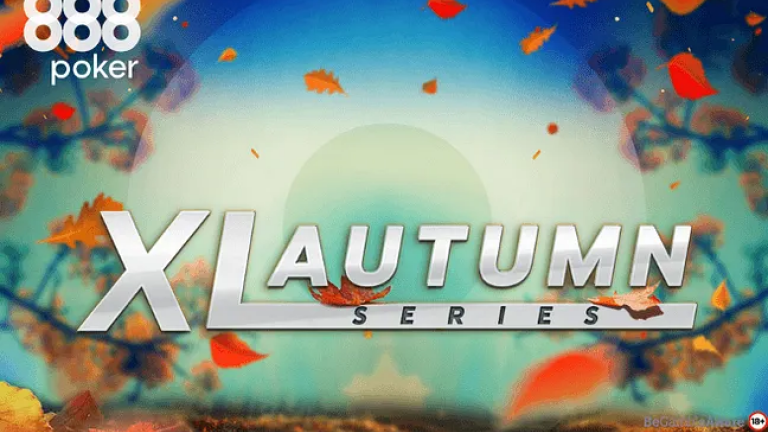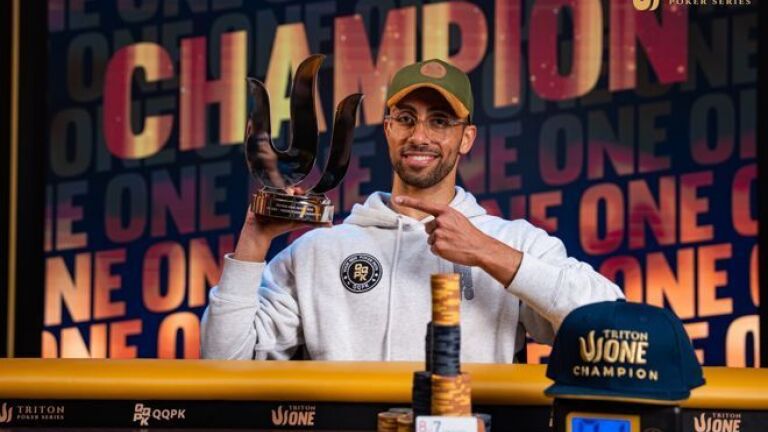This decision seemingly goes against the 2006 UIGEA, the federal law that prohibits online gambling in the USA and forbids banks and credit card companies to authorize US citizens to deposit at online gambling companies. Experts, however, say that the law is incoherent and leaves plenty of room “for a deeper expansion into the multibillion dollar industry.”

Michael A. Brown
"There was really no clear law that said we could not do this," D.C. Council member Michael A. Brown stated. The Council hopes that legalised gambling will provide millions of dollars to balance the budget that has lately suffered cuts. By the year 2014, they expect incomes of around $13-14 million from the industry.
Lawyer Jeff Ifrah, whose bureau has represented several gambling companies, expressed his scepticism about those numbers. He argued that these estimations were based on the assumption all D. C. citizens who now play illegally shift from their respective rooms to the legal company. He found this unlikely, or at least a matter of a prolonged period:
"Players are really loyal in this industry. You really have to ask yourself what is the incentive a player is going to have to leave a trusted site with global competition to play in a site that's untested and kind of unknown and doesn't offer you the same level of play," Ifrah said.
Other initiatives to legalise online gambling included a bill in New Jersey that had passed 63 to 11 but was vetoed by Governor Chris Christie, partly because it would have diminished the traffic of brick-and-mortar casinos, among other reasons. Processes for legalization are thwarted in Iowa and Nevada as well, where local politicians wait for a federal regulation or at least an approval from Congress.
How D. C. plans to launch the operation, remains undisclosed. Details are expected in the upcoming weeks.















0 comments